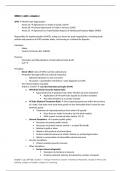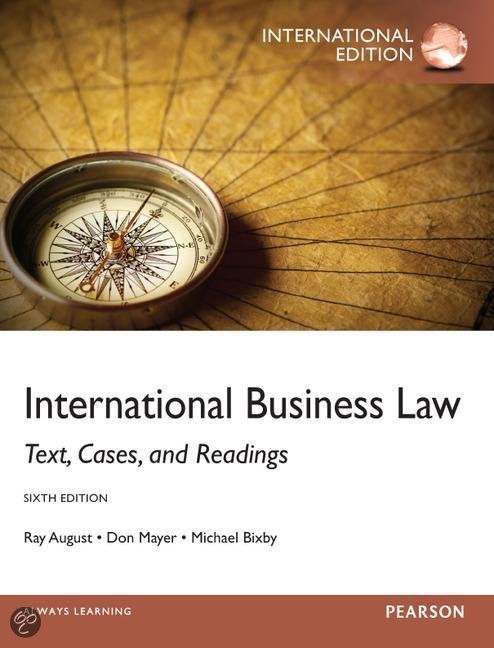Summary
Summary International Business Law - The Hague University
- Course
- Institution
- Book
International Business Law: Chapter 7, pp. 365-426, Chapter 5: Foreign Investment, Chapter 9 Intellectual Properties, Chapter 6 Money and Banking, chapter on Taxation, Chapter 12: Financing
[Show more]




